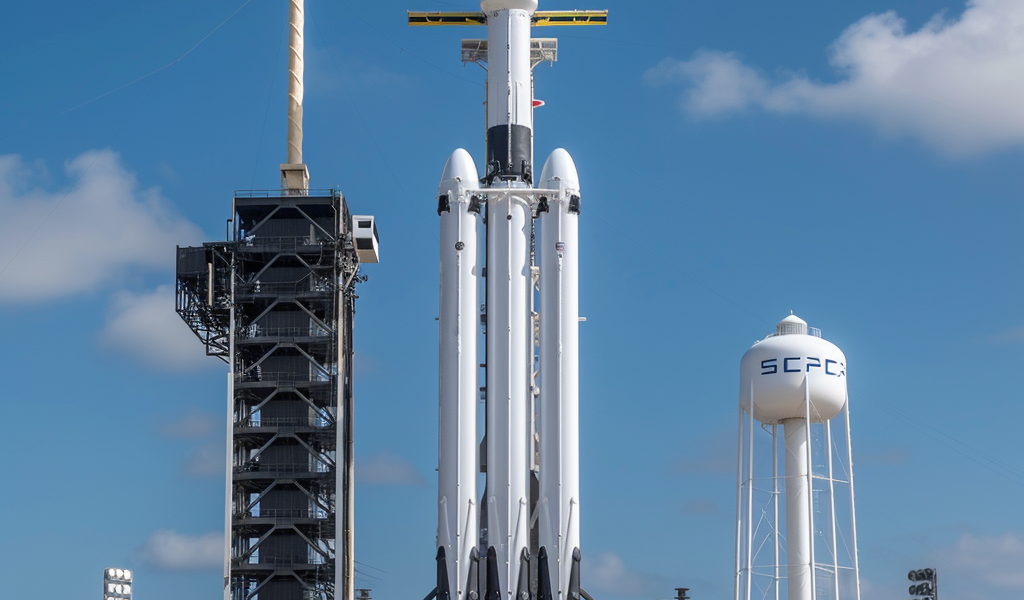The National Oceanic and Atmospheric Administration’s (NOAA) GOES-R series constellation is set to reach completion with the upcoming launch of its GOES-U satellite onboard SpaceX’s Falcon Heavy rocket at the end of June. This mission is significant as it will be the first time a NOAA satellite will be deployed using SpaceX’s powerful vehicle, marking a shift from the previous reliance on United Launch Alliance’s (ULA) Atlas V 541 rocket.
NOAA’s decision to opt for the Falcon Heavy for the final launch of the GOES-R series comes after a competitive contract bidding process, in which SpaceX emerged victorious over ULA. The Atlas program has boasted a flawless track record with over 600 successful launches, including recent missions such as ferrying astronauts to the International Space Station.
Rex Engelhardt, GOES-U Mission Manager for NASA’s Launch Services Program, explained the selection process, stating that rocket companies submit ‘not to exceed’ prices for missions. Through a competitive bidding process, companies have the opportunity to adjust their pricing to meet mission-specific requirements. In this case, Falcon Heavy outperformed its competitors in both cost-effectiveness and meeting the mission’s criteria.
Falcon Heavy, known as one of the most powerful operational rockets globally, features three reusable Falcon 9 engine cores equipped with 27 Merlin engines capable of producing over 5 million pounds of thrust at liftoff. Engelhardt highlighted that Falcon Heavy not only offered a competitive price but also fulfilled all the necessary criteria for the GOES-U mission.
As the GOES-U satellite prepares for its historic launch aboard SpaceX’s Falcon Heavy, the space community eagerly anticipates this significant milestone in NOAA’s satellite deployment endeavors.





